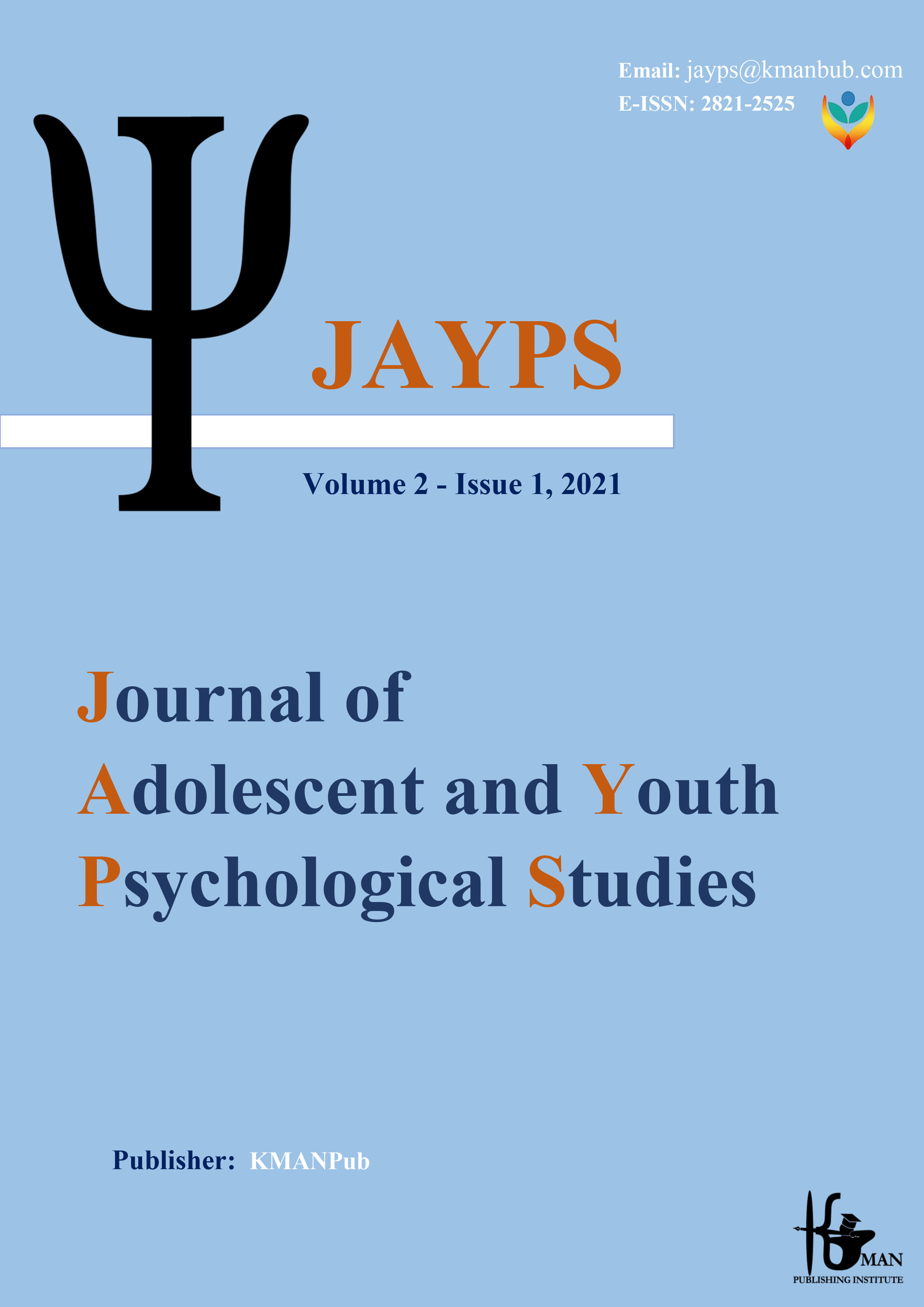Identifying and prioritizing dimensions and components of school-based management in secondary schools in Tehran
Keywords:
Model, school-oriented management, knowledge, data foundation, educationAbstract
Background and Aim: The main goal of the research is to identify and prioritize the dimensions and components of school-based management in secondary schools in Tehran. Method: In terms of purpose, this research is applied, in terms of the type of mixed data (qualitative-quantitative), in the qualitative part, it was based on the foundation data theory, and in the quantitative part, it was a cross-sectional survey. The statistical community in the qualitative part includes elites with doctoral degrees and faculty members A university scholar with at least 10 years of experience and has research qualifications and participation in the desired seminars. The sample size was 15 experts who were selected with a purposeful method and according to the principle of theoretical saturation. The data collection tool is a semi-structured interview. The statistical population in the quantitative part includes all managers, assistants and experts of the educational districts of Tehran, whose number in the academic year of 2019-400 is 62,218 according to the education statistics, and using the Cochran formula, there are 382 representative samples of the community of managers. district deputies and teachers of education in Tehran city were evaluated using Strauss and Corbin (2003) questionnaire. The theoretical coding method (open, central and selective) was used to analyze the data. Results: The results of the qualitative part showed that after open and central coding, it was found that the dimensions and categories of the central school include 1- the decision-making dimension, 2- the decentralization dimension, 3- the control and supervision dimension, 4- performance evaluation, 5- the organizational health dimension, 6- the internal organizational dimension, and According to the theoretical and practical bases, the relationships between the identified categories and the indigenous model of the central school are finally drawn in 6 main axes and 26 subcategories. And the results of the quantitative part, based on the analysis of the evaluation, it was determined that this model has the required validity. Conclusion: The results showed that the application and operationalization of the mentioned model can help to improve the quality of education management
Downloads
Downloads
Published
Issue
Section
License

This work is licensed under a Creative Commons Attribution-NonCommercial 4.0 International License.























